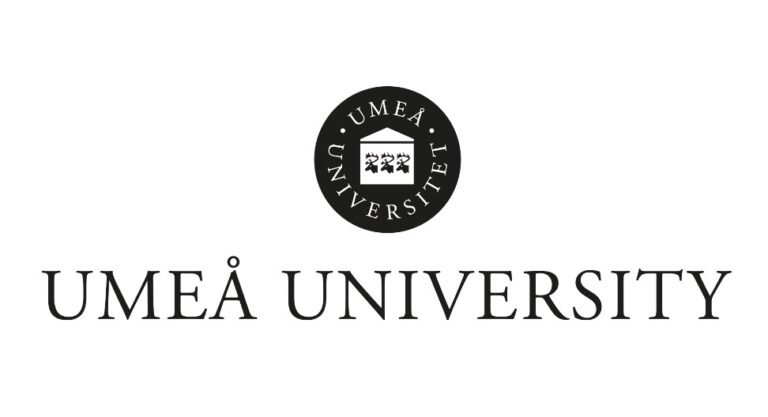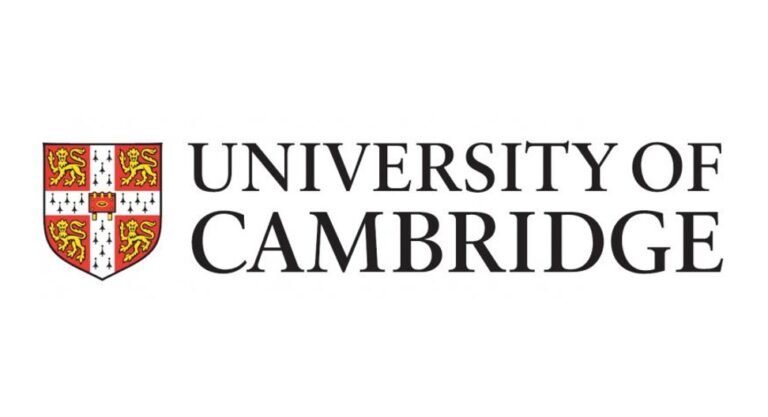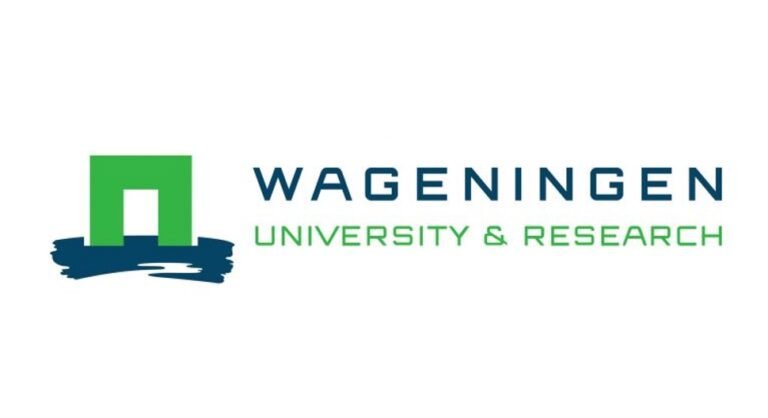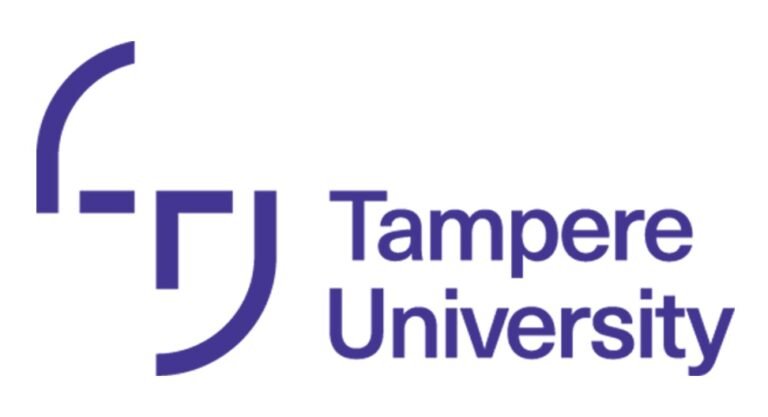Umeå University is one of Sweden’s largest higher education institutions with over 37,000 students and about 4,700 employees. The University offers a diversity of high-quality education and world-leading research in several fields. Notably, the groundbreaking discovery of the CRISPR-Cas9 gene-editing tool, which was awarded the Nobel Prize in Chemistry, was made here. At Umeå University, everything is close. Our cohesive campuses make it easy to meet, work together and exchange knowledge, which promotes a dynamic and open culture.
The ongoing societal transformation and large green investments in northern Sweden create enormous opportunities and complex challenges. For Umeå University, conducting research about – and in the middle of – a society in transition is key. We also take pride in delivering education to enable regions to expand quickly and sustainably. In fact, the future is made here.
Are you interested in learning more? Read about Umeå university as a workplace
The Department of Computing Science is now looking for a Doctoral student in Distributed Systems with a focus on the efficient monitoring and management of large-scale cloud-edge systems.
The department has been growing rapidly in recent years. An inclusive and participatory environment are key elements in our growth. The 60 doctoral students within the department are a diverse group from different nationalities, backgrounds and fields. We offer very good employment conditions, and administrative and technical support, among other benefits. See more information at:
https://www.umu.se/en/department-of-computing-science/
Is this interesting for you? We welcome applications before 6 October 2024.
Project description
We are seeking a PhD student to join the Green Distributed Systems Group at Umeå University to work on research into energy-aware Cloud computing, with a focus on the energy efficient adaptive and scalable monitoring and management of large-scale Cloud-Edge systems.
Modern Cloud-Edge systems are rapidly growing in complexity and size, fuelled by huge growth in the number of connected devices, increasing demand for performance, low latency, and improved bandwidth at the network edge. These trends have necessitated a transition from centralised systems to massive-scale federations of data centres, fog processing nodes, and edge devices – creating a dynamic continuum of resources. This is the next-generation fabric on which huge numbers of applications and resources will be deployed, managed, migrated, and scaled based on ever changing physical infrastructure, energy sources, network links, software requirements, and user behaviours.
Current monitoring solutions generate enormous volumes of operational data (large numbers of heterogeneous data streams that must be merged, filtered, processed, and often aggregated and stored for later audit and model training). This data volume grows with the number of connected devices; it is predicted that over 50 billion IoT devices will be deployed in the continuum by 2025 with orders of magnitude more endpoints brought about by 5G/6G systems.
Working with an existing team of researchers, this project seeks to develop new approaches to efficiently monitor and manage resources in a Cloud-Edge system, taking into account energy and carbon footprint. This will be achieved by developing efficient methods to monitor large-scale distributed systems and intelligently place and/or migrate workloads based on a balance between workload requirements, provider requirements, and energy considerations.
The PhD position will work primarily with Paul Townend, leader of the Green Distributed Computing group. This group is an internationally-leading research group that focuses on reducing energy consumption and improving the carbon footprint of the resources and applications that form modern digitized society. See: https://www.umu.se/en/research/groups/green-distributed-computing-group-
Wallenberg AI, Autonomous Systems and Software Program (WASP) is Sweden’s largest individual research program ever, a major national initiative for strategically motivated basic research, education and faculty recruitment. The program addresses research on artificial intelligence and autonomous systems acting in collaboration with humans, adapting to their environment through sensors, information and knowledge, and forming intelligent systems-of-systems. The vision of WASP is excellent research and competence in artificial intelligence, autonomous systems and software for the benefit of Swedish industry. Read more: https://wasp-sweden.org/
The graduate school within WASP is dedicated to provide the skills needed to analyze, develop, and contribute to the interdisciplinary area of artificial intelligence, autonomous systems and software. Through an ambitious program with research visits, partner universities, and visiting lecturers, the graduate school actively supports forming a strong multi-disciplinary and international professional network between PhD-students, researchers and industry. Read more: https://wasp-sweden.org/graduate-school
Admission requirements
The general admission requirements for doctoral studies are a second- cycle level degree, or completed course requirements of at least 240 ECTS credits, of which at least 60 ECTS credits are at second-cycle level, or have an equivalent education from abroad, or equivalent qualifications. To fulfil the specific entry requirements for doctoral studies in computing science, the applicant is required to have completed at least 90 ECTS credits in computing science. Applicants who otherwise have acquired skills that are deemed equivalent are also eligible.
It is a merit if candidates have good knowledge in project-related areas, including cloud computing, networks, and programming ability (e.g., Python, C, Java, etc.). Experience in deduplication, statistical analysis, distributed computing resource management, or systems modeling and simulation are also merits, as is relevant Cloud industry and containerized (Docker/Kubernetes, etc.) software development experience. However, it is important to note that machine learning/AI are not the focus of this project. A very good command of the English language, both written and spoken, is a requirement.
Important personal qualities are the ability to work on your own as well as together with others, to be creative, and to have a will to actively develop yourself to become a competent researcher.
About the position
The position provides you with the opportunity to pursue PhD studies in Computing Science for four years, with the goal of achieving the degree of Doctor in Computing Science. While the position is mainly devoted to PhD studies (at least 80% of the time), it may include up to 20% department service (usually teaching). If so, the total time for the position is extended accordingly, resulting in a maximum of five years.
The procedure for recruitment for the position is in accordance with the Higher Education Ordinance (chapter 12, 2§) and the decision regarding the position cannot be appealed.
The expected starting date is 1 January 2025 or as otherwise agreed.
Application
Applications must be submitted electronically using the e-recruitment system of Umeå University.
A complete application should contain the following documents:
- A cover letter including a description of your research interests, your reasons to apply for the position, and your contact information
- A curriculum vitae
- Reprints / copies of completed BSc and/or MSc theses and other relevant publications, if any
- Copies of degree certificates, including documentation of completed academic courses and obtained grades
- Documentation and description of other relevant experiences or competences.
The application must be written in English or Swedish. Attached documents must be in pdf format. Applications must be submitted electronically using the e-recruitment system of Umeå University, and be received no later than 6 October 2024.
The Department of Computing Science values gender diversity, and therefore particularly encourages women and those outside the gender binary to apply for the position.
For additional information, please contact Associate Professor Paul Townend (paul.townend@umu.se).
We look forward to receiving your application!








